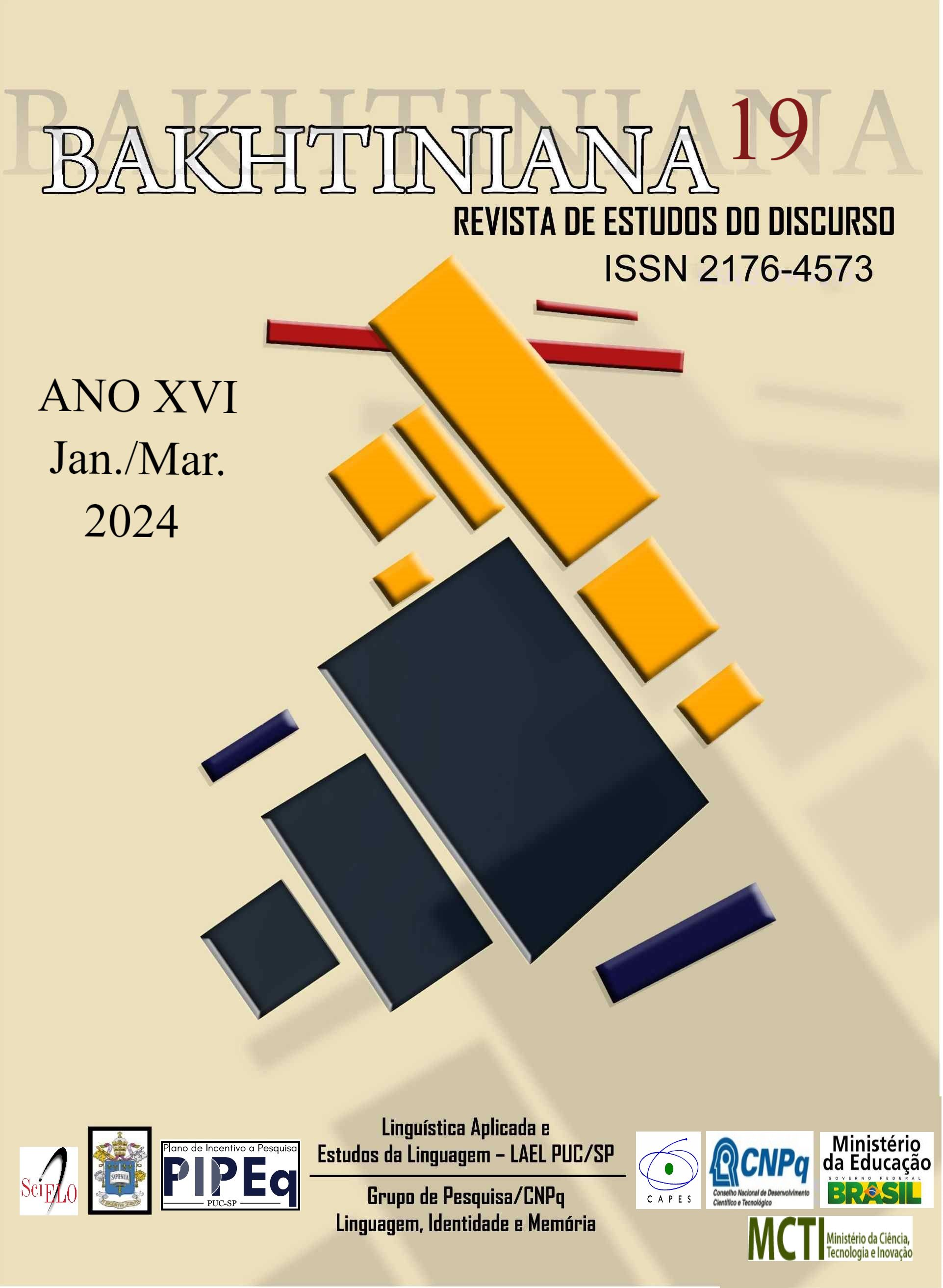Presença de São Tomás de Aquino na construção da narrativa medieval sobre o dinheiro
Mots-clés :
Narrativas econômicas, Tomás de Aquino, Idade MédiaRésumé
Limitando-se à ordenação moral do comércio defendida por Aquino, afirma-se que, como efeito inverso de estancar a interpretação, a Suma teológica tanto motivou a alimentação do imaginário cristão em narrativas como A divina comédia, de Dante Alighieri, de modo a ampliar a reflexão sobre as categorias dos pecadores pelo dinheiro, como também forneceu subsídios para a construção de antimodelos em parte das narrativas emolduradas da obra Contos da Cantuária, de Geoffrey Chaucer, recheada de tipos avarentos, simoníacos e fraudadores. Este artigo objetiva apresentar as instruções de Aquino a respeito dos usos do dinheiro, cotejando, em alguns momentos, com textos literários. Para isso, passagens bíblicas, comentadores da Bíblia de tradição católica e textos de economistas são trazidos à medida que o texto da Suma teológica é analisado. Teóricos do pensamento cristão, como Agostinho e Boécio, e do pensamento econômico, como Molina e Robbins, são utilizados.
Références
AGOSTINHO. A doutrina cristã: manual de exegese e formação cristã. Introdução e tradução do latim Nair de Assis Oliveira. 1ed. São Paulo: Paulus, 2002. (Patrística, 17)
ALIGHIERI, Dante. A divina comédia. Tradução José Pedro Xavier Pinheiro. 1. ed. São Paulo: eBooksBrasil.com, 2003.
AQUINO, Tomás de. Suma teológica. Tradução do latim de Carlos Josaphat. 1. ed. São Paulo: Permanência, 2018.
ARISTÓFANES. Um deus chamado dinheiro ou Pluto. Tradução do grego Mário da Gama Kury. 1ed. In: ARISTÓFANES. Obra Completa. Rio de Janeiro: Zahar, 2003. p. 620-676.
ARISTÓTELES. Ética a Nicômaco; Poética. Tradução do inglês Baby Abrão, Leonel Vallandro e Gerd Bornheim. 2. ed. São Paulo: Editora Nova Cultural, 1991.
ARISTÓTELES. Poética; Organon; Política; Constituição de Atenas. Tradução do grego, do inglês e do francês Baby Abrão, Pinharanda Gomes e Terezinha Monteiro Deustch. 6. ed. São Paulo: Editora Nova Cultural, 1999.
AZPILCUETA, Martín de. Comentario resolutorio de cambios. 1. ed. Brussels: New Direction; Fundación Civismo, 2020.
BÍBLIA Sagrada. Tradução Comissão Episcopal Pastoral para a Doutrina da Fé da Conferência Nacional dos Bispos do Brasil (CNBB). 27. ed. São Paulo: Salve Rainha, 2019.
BOÉCIO. A consolação da filosofia. Tradução do latim Willian Li. 1. ed. São Paulo: WMF Martins Fontes, 2006.
CHARAUDEAU, Patrick; MAINGUENEAU, Dominique. Dicionário de análise do discurso. Coordenação da tradução do francês Fabiana Komesu. 1. ed. São Paulo: Contexto, 2004.
CHAUCER, Geoffrey. Contos da Cantuária. Tradução do inglês moderno José Francisco Botelho. 1. ed. São Paulo: Penguin Classics; Companhia das Letras, 2013.
HOMERO. Odisseia. Tradução do grego Manoel Odorico Mendes. 4. ed. São Paulo: Atena Editora, 2009.
MÉNARD, René. Mitologia greco-romana v.1. Tradução do francês Aldo Della Nina. 1. ed. São Paulo: Opus, 1991a.
MÉNARD, René. Mitologia greco-romana v.3. Tradução do francês Aldo Della Nina. 1. ed. São Paulo: Opus, 1991b.
MERCADO, Tomás de. Summa de tratos y contratos: libros I y II. 1. ed. Brussels: New Direction; Fundación Civismo, 2020.
MOLINA, Luís de. La teoría del justo precio. 1. ed. Brussels: New Direction; Fundación Civismo, 2020.
OLIVEIRA, Roberson de; GENNARI, Adilson Marques. História do pensamento econômico. São Paulo: Saraiva, 2009.
PETTY, William. Obras econômicas. Tradução do inglês Luiz Henrique Lopes dos Santos e Paulo de Almeida. 2. ed. São Paulo: Editora Nova Cultural, 1996.
ROBBINS, Lionel. Um ensaio sobre a natureza e a importância da Ciência Econômica. Tradução do inglês Rogério Galindo. 1. ed. São Paulo: Saraiva, 2012.
XENOFONTE. Econômico. Tradução do grego Anna Lia Amaral de Almeida Prado. São Paulo: Martins Fontes, 1999.
Téléchargements
Publié-e
Comment citer
Numéro
Rubrique
Licence
© Bakhtiniana. Revista de Estudos do Discurso 2023

Cette œuvre est sous licence Creative Commons Attribution 4.0 International.
Les auteurs concèdent à la revue tous les droits d’auteurs en ce qui concernent les travaux publiés. Les concepts émis dans les articles signés sont d’absolue et exclusive responsabilité de leurs auteurs.








